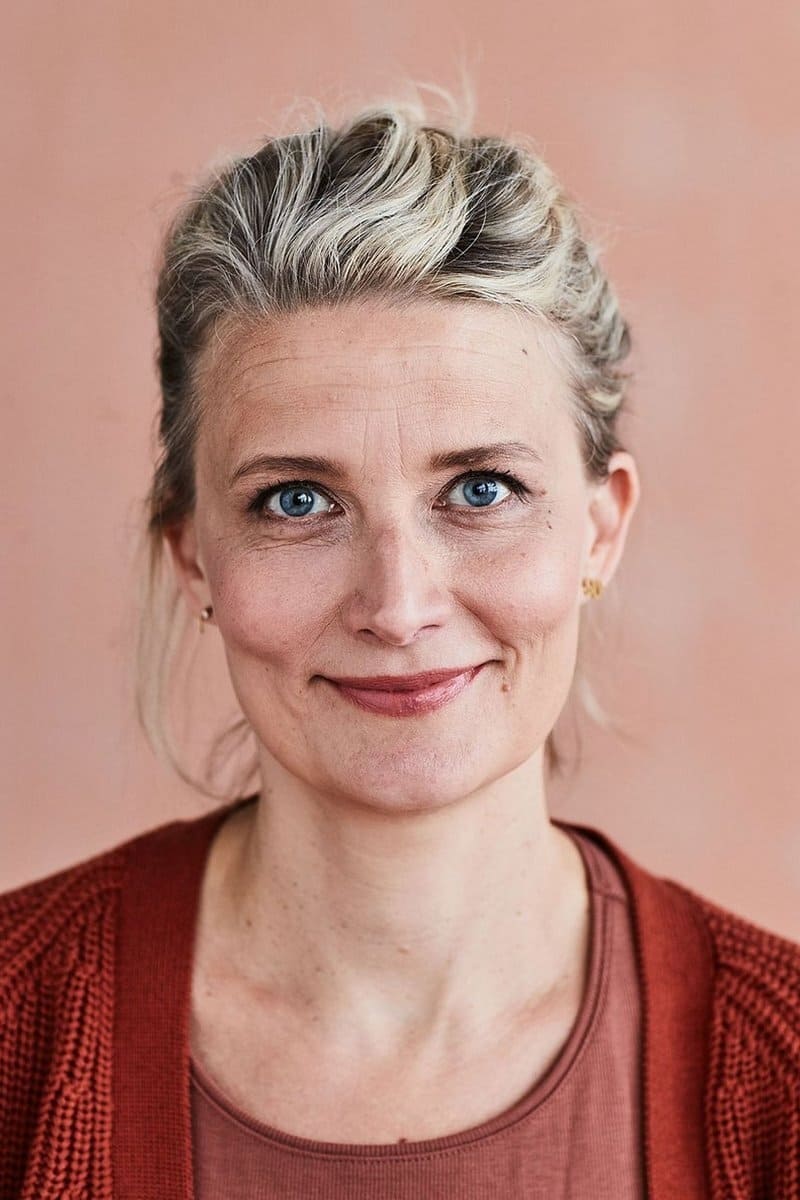
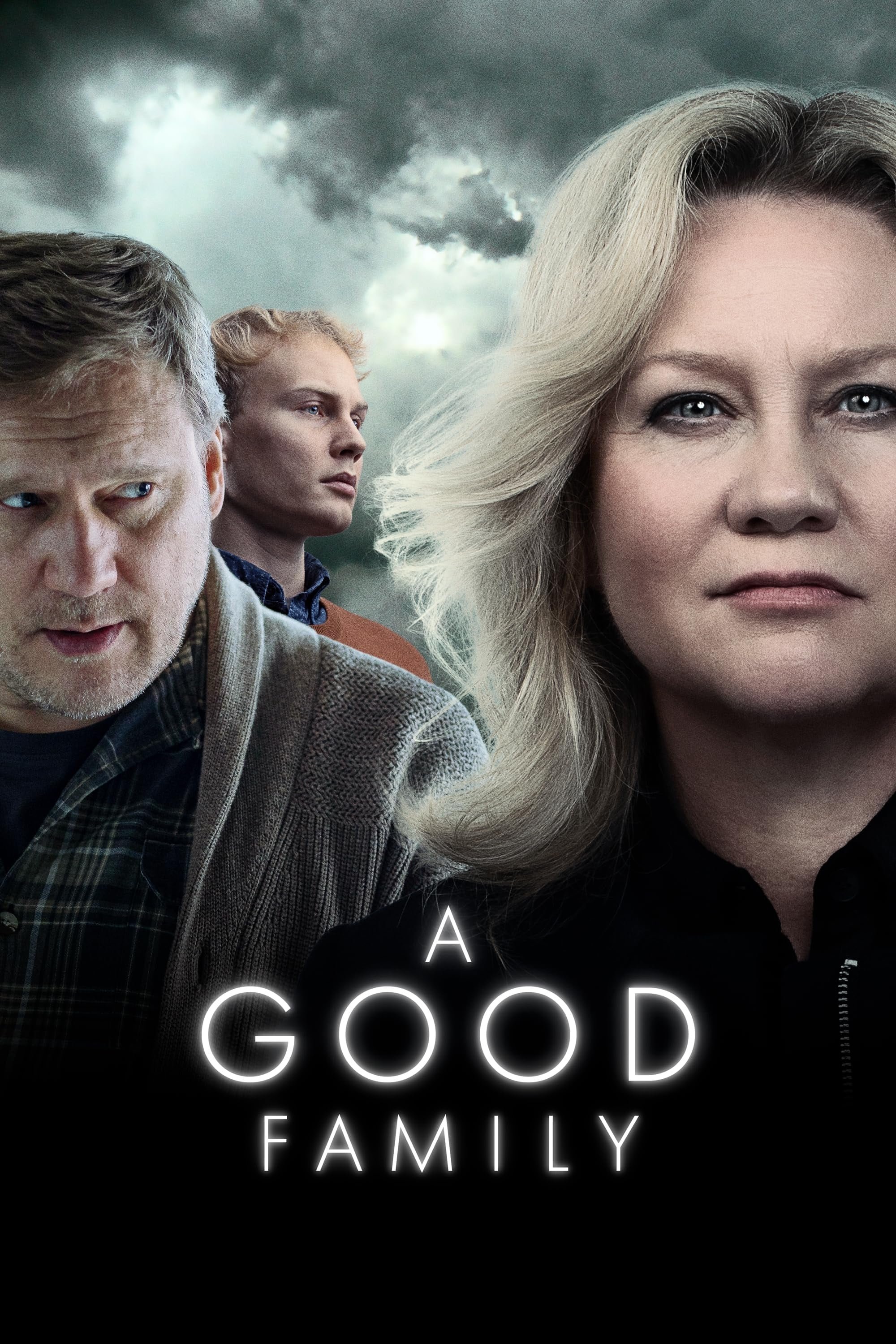
Anna and Henrik are thrust into a dangerous underworld when their son brings a heinous crime to their doorstep. Parental instincts quickly overcome morality as the couple does everything in their power to protect their family and future.

Iiris tries to recover from her difficult separation with Artturi when she unexpectedly meets Anton. The relationship doesn't get a chance to progress far when Iiris' son Niilo suddenly becomes ill. Niilo would only need a small operation, but once the boy enters the operating room, the hospital is subjected to a cyber attack. The power is cut off, the ventilators stop working and all access to patient data is blocked. Nurses have to prioritize whose life is the most valuable.
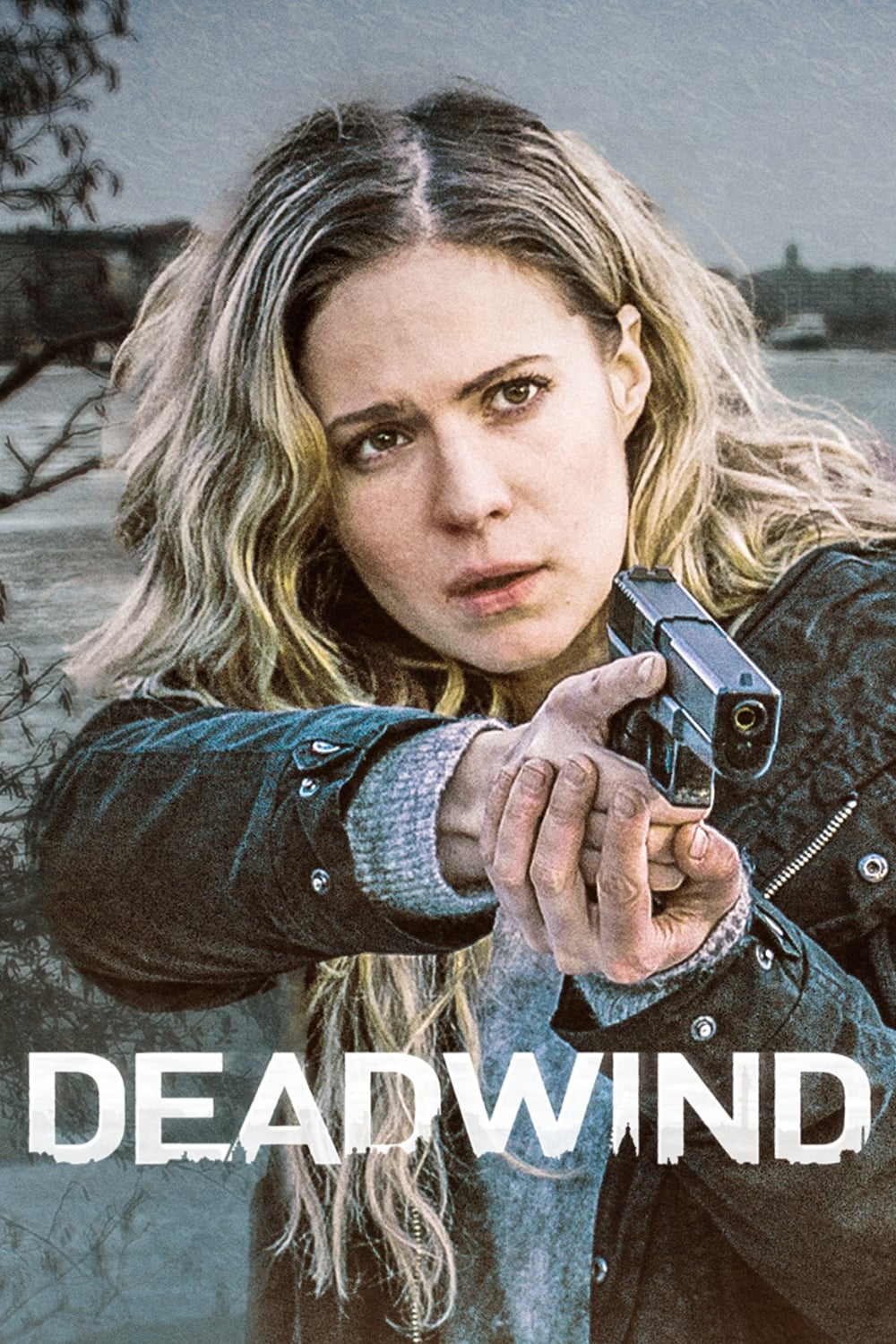
When Sofia Karppi, a detective in her 30's who is trying to get over her husband's death, discovers the body of a young woman on a construction site, she triggers a chain of events that threatens to destroy her life again.

Rousku and Raninen are fleeing their unemployment by setting up a construction company. Occupational illiteracy is not an obstacle and accounting is fine when Rouskun's mate deals with things. The entrepreneurs know that the poor can be, but not artificial. But what's the point for the scratchy women? Especially when Rousku gets to look in the mirror again and find out what kind of father, such a daughter.
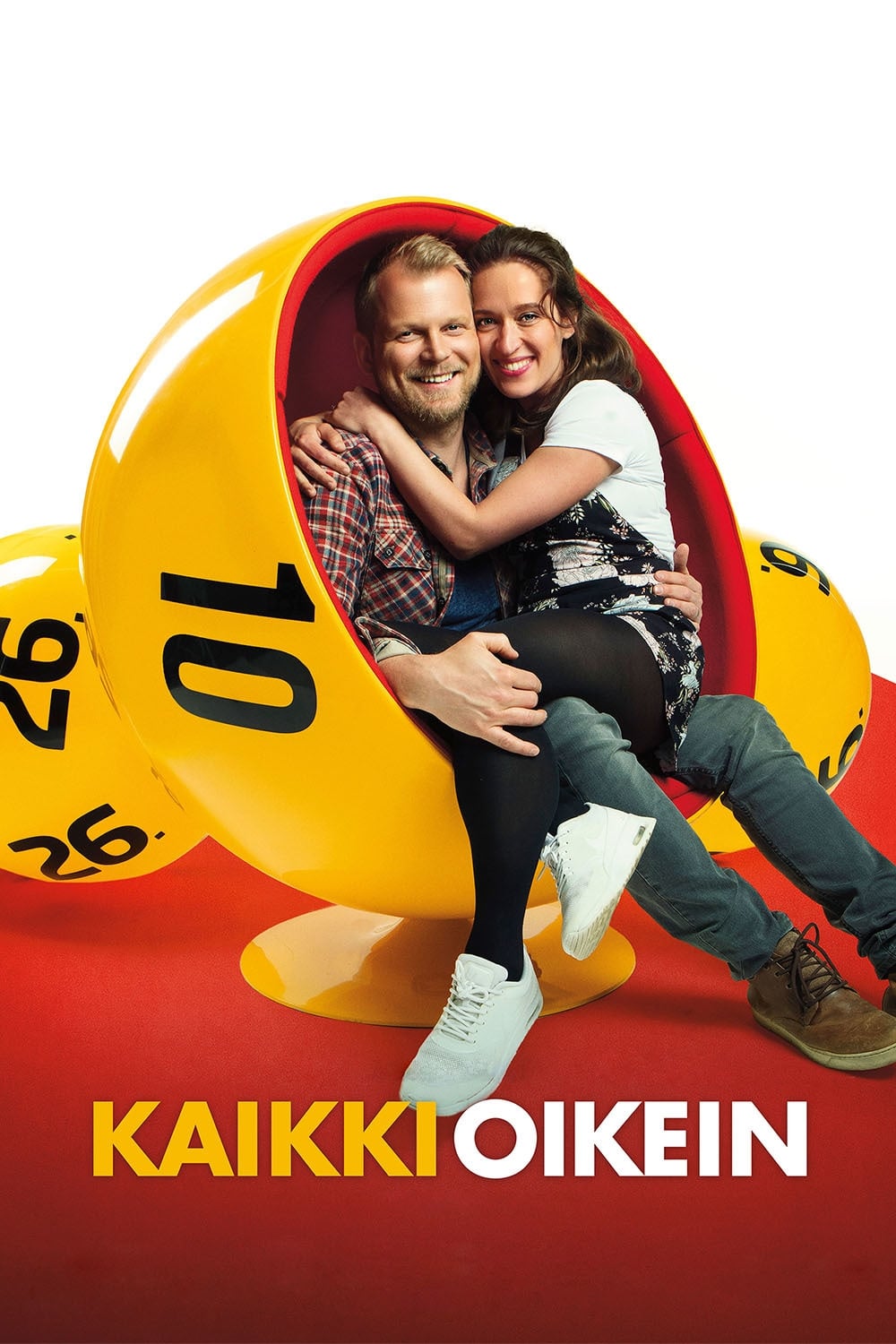
Eevi works in a beauty parlor, leading a humdrum life in the suburbs of Helsinki with his husband Kari, a wannabe rocker. After the jackpot, the couple agrees to carry on with their lives as before, without telling anyone about the stroke of luck. But the money is burning holes in their pockets and that’s hard to hide. Their opinions about themselves and their relationship are put to the test. Everyone seems now to have a strange attitude towards them – although they try to pretend to be the same people as before. Do the millions bring happiness after all?
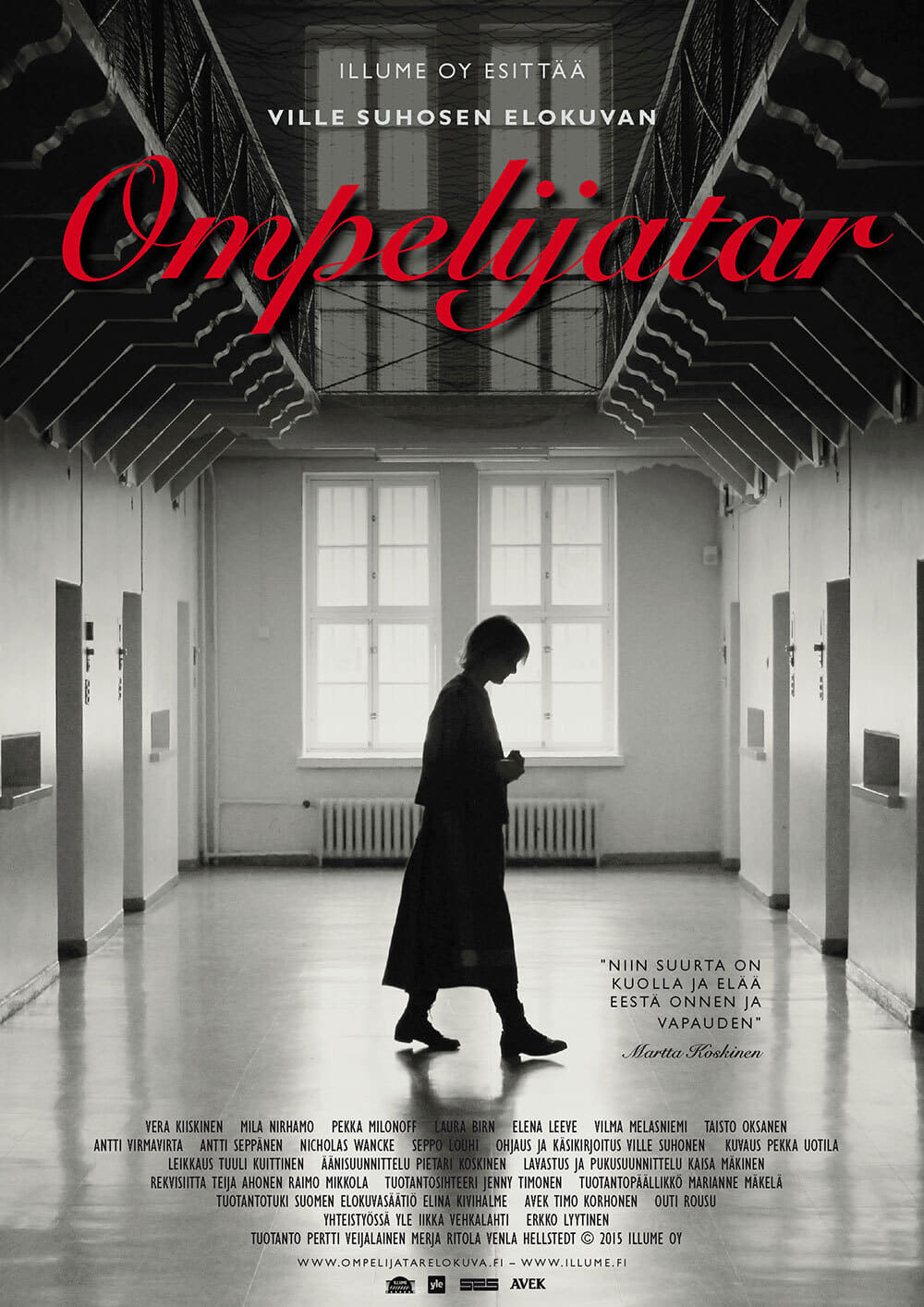
A documentary film about Martta Koskinen, the last executed woman in Finland during the war in 1943. Martta was a Seamstress who lived in Helsinki during the Second World War. She was one of the post-civil war (in 1918) generation for whom the war had meant a disappointment in the system and failure in unity of the Finnish nation. The legacy of the civil war had left systems of persecution in place for those with socialist ideals. Martta and her fellow revolutionaries were determined to continue the resistance movement although they knew that at worst it could cost their lives. Martta was imprisoned twice before she was shot. She was an idealist, whose seemingly harmless, naive beliefs in peace and justice were the most dangerous traits a person could have at the time.
The life of a Finnish family from 1880, through the First World War, the Finnish Civil War and the Second World War, to about 1950. Through the lives of ordinary people, it describes the clash of ideals in Finland's language strife and the struggle between the Whites (nationalists) and the Reds (socialists) in the movement to Independence and Civil War. Based on the trilogy of novels by Väinö Linnan.
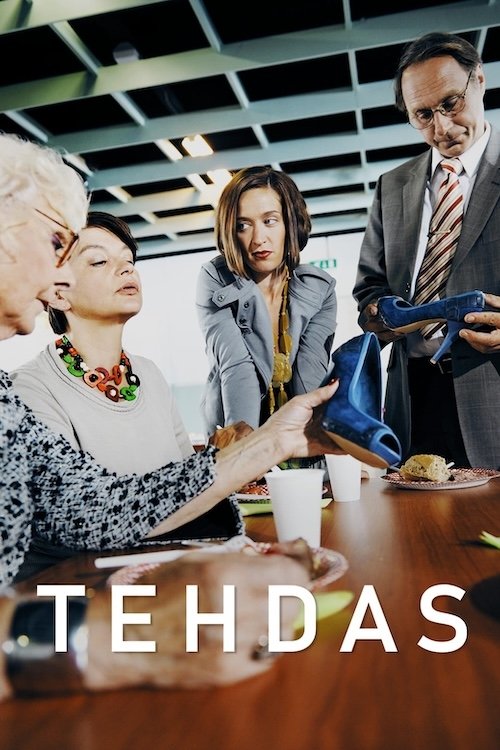
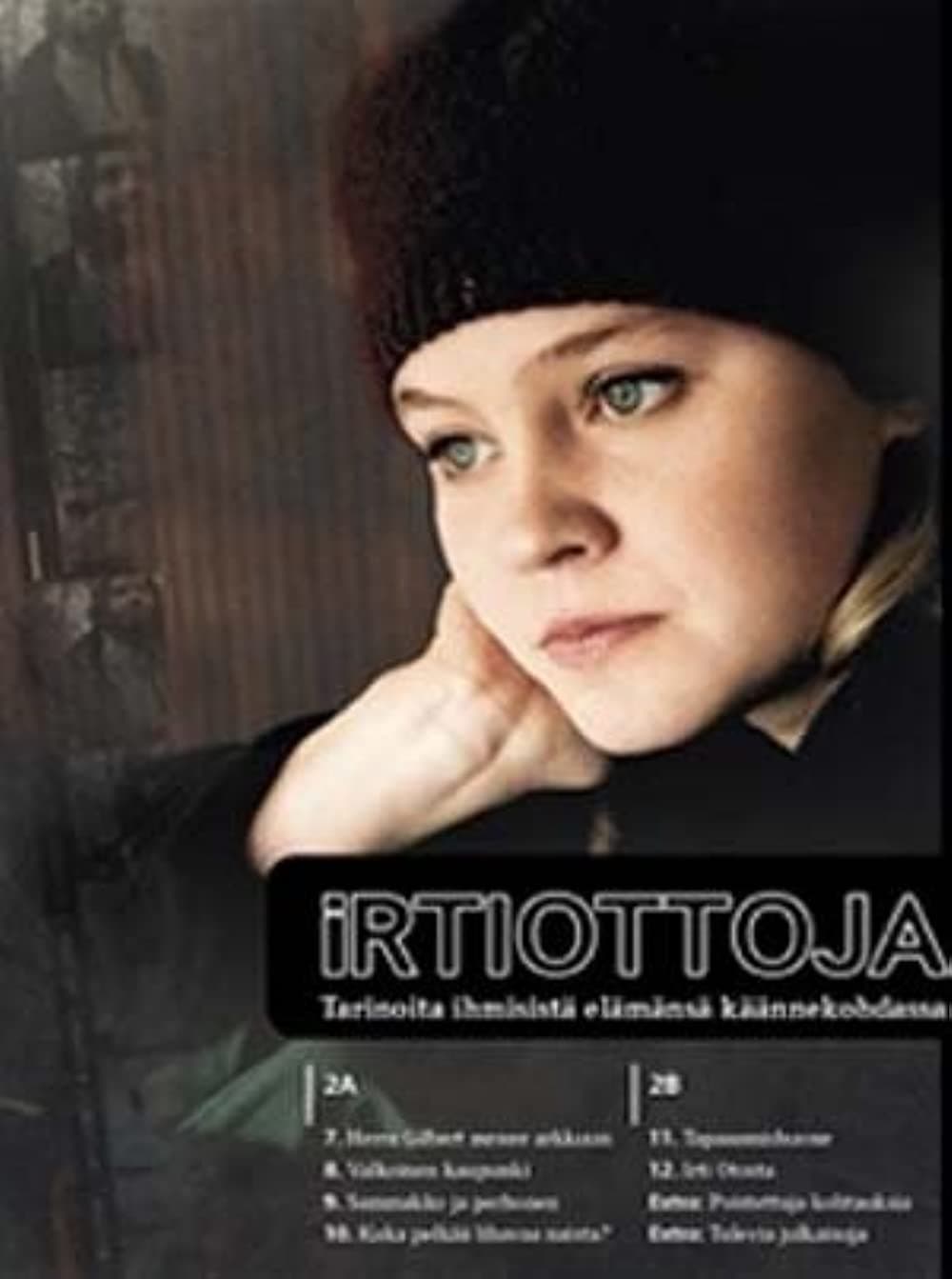
By browsing this website, you accept our cookies policy.